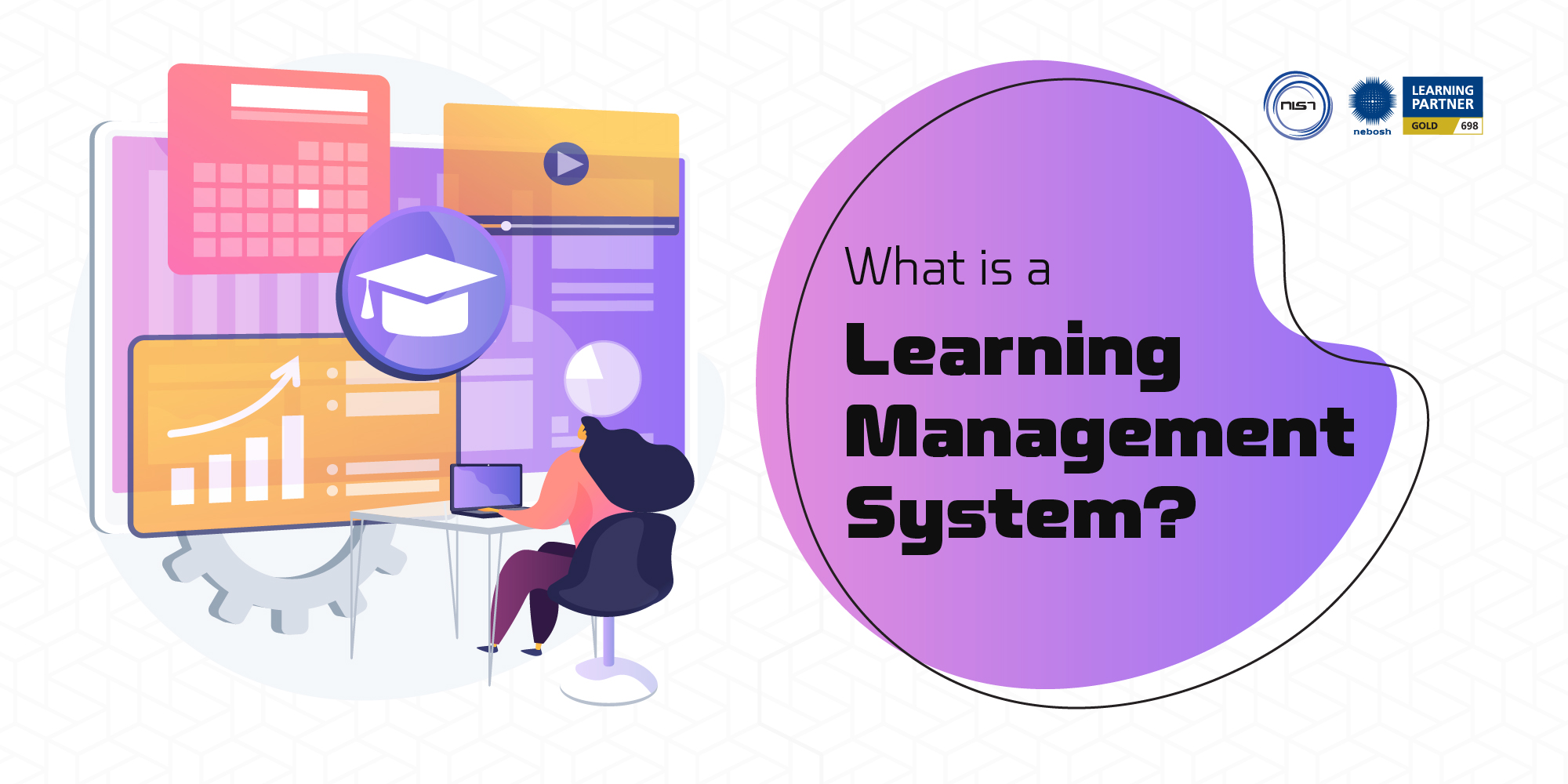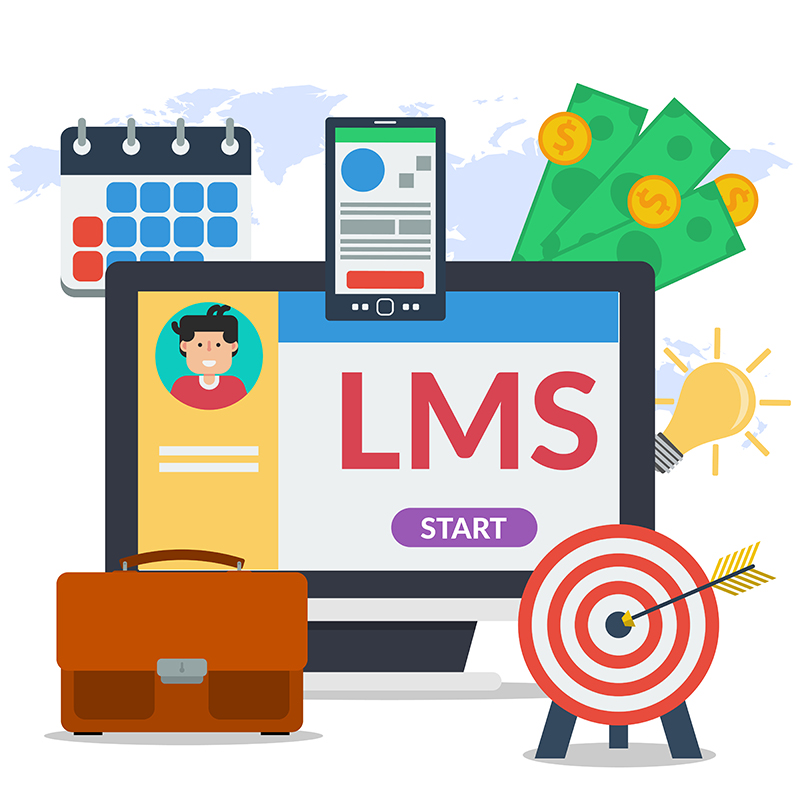Learning Management System Singapore: Making E-learning Obtainable for All
Learning Management System Singapore: Making E-learning Obtainable for All
Blog Article
Choosing the very best Understanding Monitoring System for Your Company
Choosing the ideal Knowing Management System (LMS) for your company is a complex choice that needs careful consideration of various elements. From defining precise discovering purposes that reverberate with your critical vision to reviewing user experience, each factor plays a critical role in the total efficiency of the system. Additionally, recognizing assimilation capacities and making sure scalability for future needs can not be forgotten. As organizations make every effort for effectiveness and growth, the choice of an LMS becomes increasingly considerable. What are the essential factors to consider that can affect your decision-making process?
Specify Your Knowing Goals
Specifying clear learning goals is crucial for the successful application of an Understanding Management System (LMS) These goals act as a roadmap, guiding the advancement of material, analyses, and total instructional techniques within the LMS. By developing details, quantifiable, achievable, relevant, and time-bound (SMART) goals, companies can make certain that the understanding experiences are straightened with their tactical goals and student requirements.
Reliable knowing goals must envelop what learners are anticipated to recognize or have the ability to do upon conclusion of a course or training program. This clarity not only help in web content production yet additionally facilitates the evaluation of student progress and the total performance of the LMS. LMS SG. Well-defined goals allow stakeholders to examine whether the selected LMS features and capabilities straighten with their academic goals.
Assess Customer Experience
Once discovering objectives have actually been established, examining individual experience comes to be a crucial next action in choosing an appropriate Learning Monitoring System (LMS) User experience incorporates the general contentment and convenience with which learners interact with the system. A properly designed LMS ought to promote user-friendly navigating, making certain that individuals can situate programs, materials, and support easily.
To evaluate customer experience, consider performing usability screening with a depictive sample of end-users. This can supply important understandings right into exactly how students engage with the platform. Trick factors to examine include the LMS's interface layout, availability features, mobile compatibility, and the clearness of guidelines provided. Individual responses is vital; collecting surveys or performing meetings can reveal typical discomfort points and areas for renovation.
Furthermore, review the schedule of assistance resources, such as tutorials and help centers, which can enhance the individual experience. The responsiveness of client support is likewise critical; timely assistance can substantially minimize irritations that customers may run into. Ultimately, selecting an LMS that focuses on customer experience not just enhances the finding out procedure yet additionally cultivates greater involvement and satisfaction among students.

Evaluate Assimilation Capacities
Acknowledging the relevance of smooth capability, evaluating integration capacities is crucial when selecting a Knowing Administration System (LMS) A reliable LMS should facilitate interoperability with existing systems, such as Personnel Monitoring Equipment (HRMS), Consumer Connection Administration (CRM) platforms, and other educational devices. This assimilation boosts information circulation, decreases administrative concerns, and guarantees a cohesive learning setting.
When examining an LMS, think about the types of combinations provided. Look for Application Shows User Interfaces (APIs), Single Sign-On (SSO) capabilities, and pre-built adapters that enhance combination processes. In addition, validate the LMS's ability to integrate with third-party tools, such as content collections or analysis systems, which can dramatically improve the knowing experience.

Consider Scalability and Adaptability
As organizations advance, the capacity of a Discovering Management System (LMS) to range and adapt ends up being increasingly vital. A scalable LMS can fit growth in individual numbers, course offerings, and material without endangering performance or customer experience. As companies increase, whether with raised employees, new locations, or diversified training needs, the LMS ought to effortlessly expand alongside these adjustments.
Flexibility is just as vital; a reliable LMS should sustain various discovering methods, such as online, blended, and mobile discovering. This adaptability enables companies to respond swiftly to emerging patterns in training and advancement, ensuring that they can use pertinent and engaging discovering experiences - Singapore LMS. Additionally, the system should offer personalized click resources features, enabling organizations to tailor the LMS to their certain needs and branding
In addition, a flexible LMS ought to integrate quickly with existing devices and platforms, promoting a cohesive learning community. Therefore, when choosing an LMS, it is vital to analyze not only its current capabilities but likewise its prospective to expand and adapt in placement with the organization's calculated objectives and advancing learning requirements. This insight can considerably boost the long-term feasibility of the picked LMS.
Testimonial Expenses and Budgeting
When assessing a Discovering Management System (LMS), evaluating expenses and budgeting is essential to guarantee that the financial investment lines up with the company's monetary capacities and critical goals. Organizations should start by determining the complete expense of ownership, which includes licensing fees, implementation prices, maintenance, and any type of extra expenses such as training and technological support.
It is crucial to contrast numerous LMS options, as prices models can differ considerably amongst vendors. Some systems may offer a subscription-based version, while others might charge a single fee. Organizations ought to additionally take into consideration the scalability of the LMS; as they expand, the expense framework might alter, affecting lasting budgeting.

Conclusion
Choosing an appropriate Knowing Management System (LMS) is crucial for achieving business discovering purposes. An extensive examination of user experience, assimilation capacities, scalability, and economic considerations ensures that the chosen LMS aligns with calculated objectives and student requirements. By methodically resolving these variables, organizations can enhance learning outcomes, help with seamless operations, and support future growth. Inevitably, the appropriate LMS works as an essential device in cultivating an efficient understanding environment and driving organizational success.
Choosing the ideal Understanding Monitoring System (LMS) for your company is a complex choice that requires mindful factor to consider of various components.Defining clear learning purposes is necessary for the successful click this application of a Knowing Monitoring System (LMS)Once learning goals have been developed, examining user experience comes to be a crucial next action in selecting an ideal Discovering Management System (LMS)As companies develop, the capacity of a Discovering Management System (LMS) to range and adapt becomes increasingly vital.Picking a suitable Knowing Management System (LMS) is essential for attaining organizational understanding goals.
Report this page